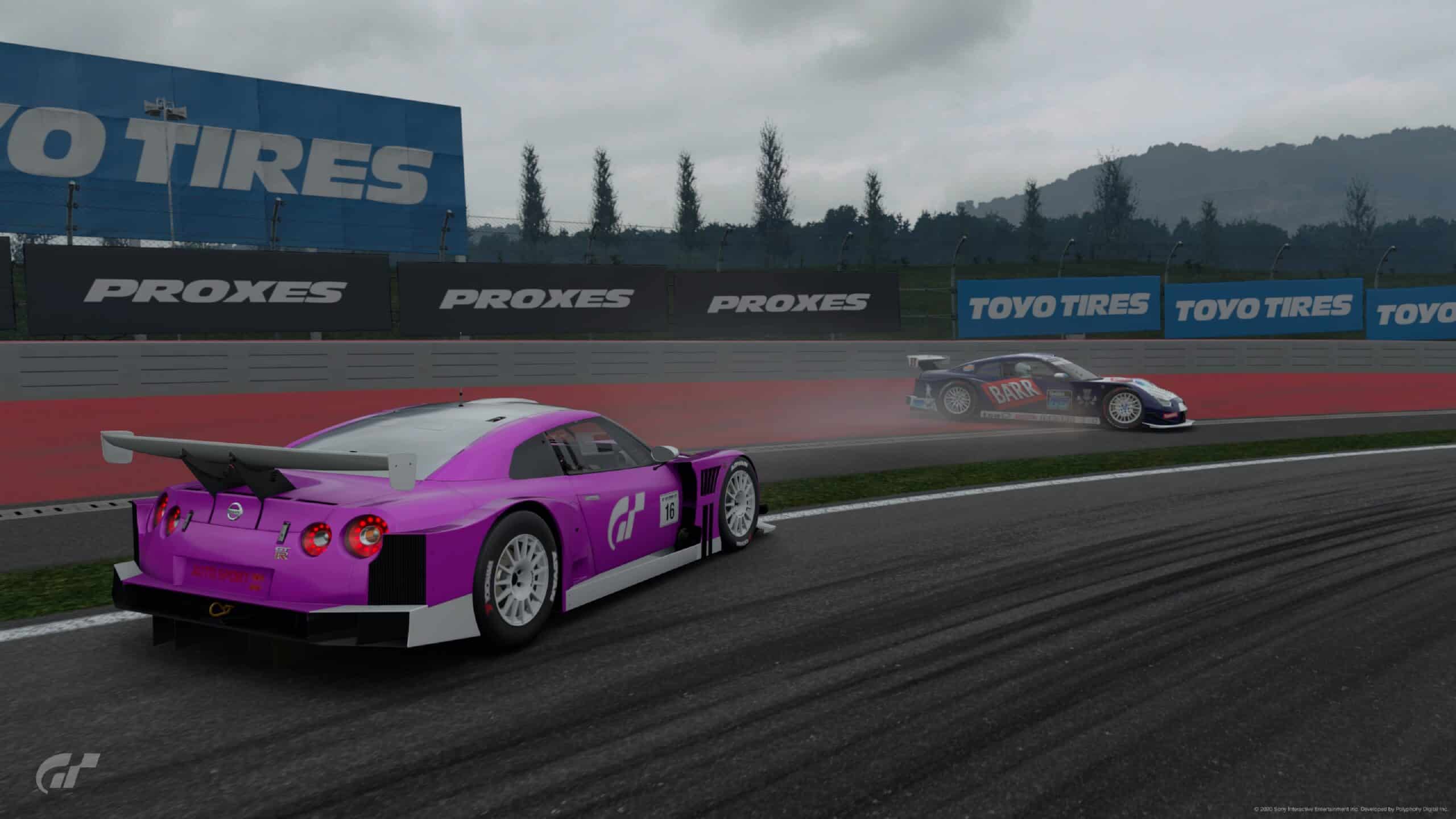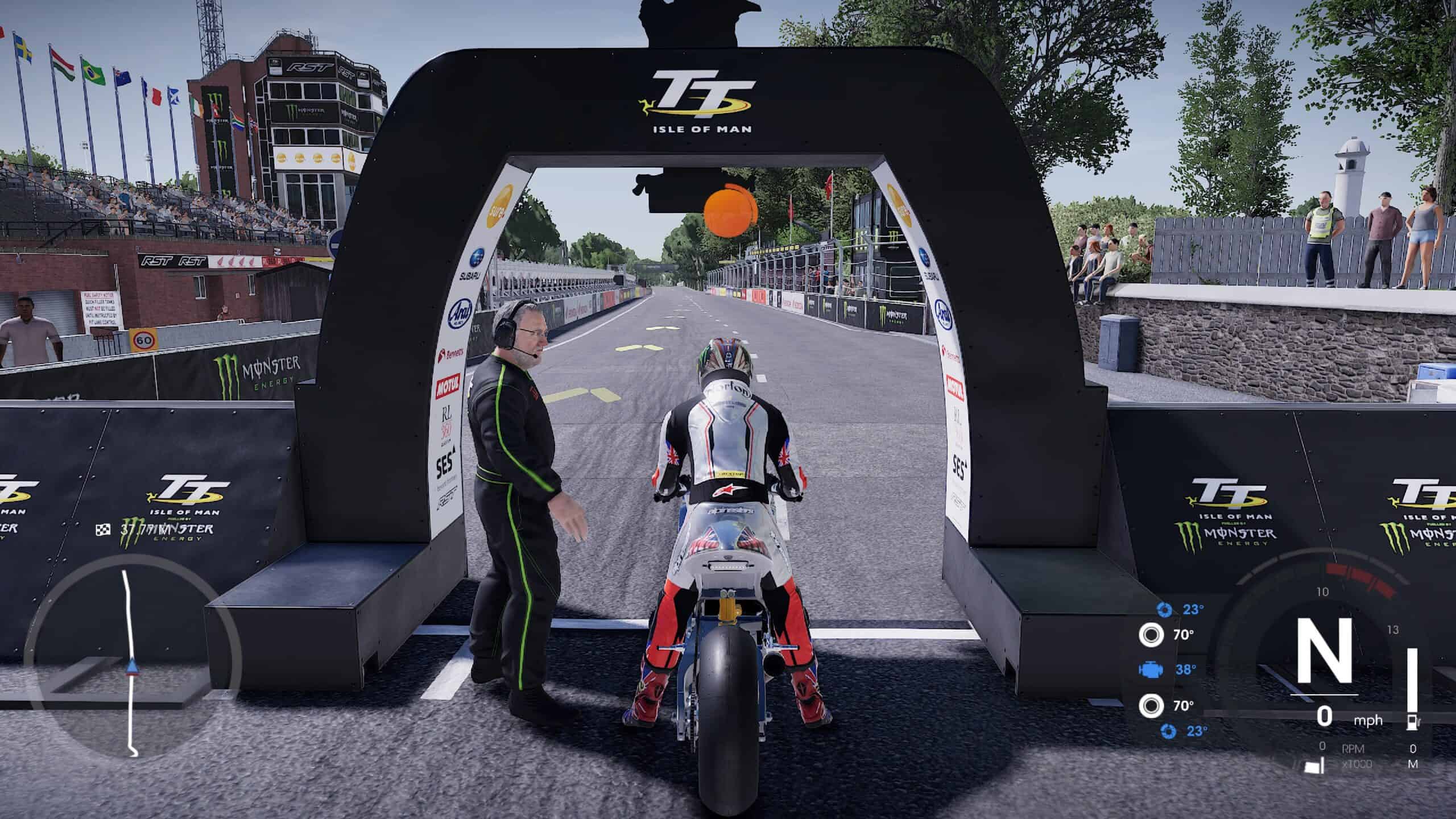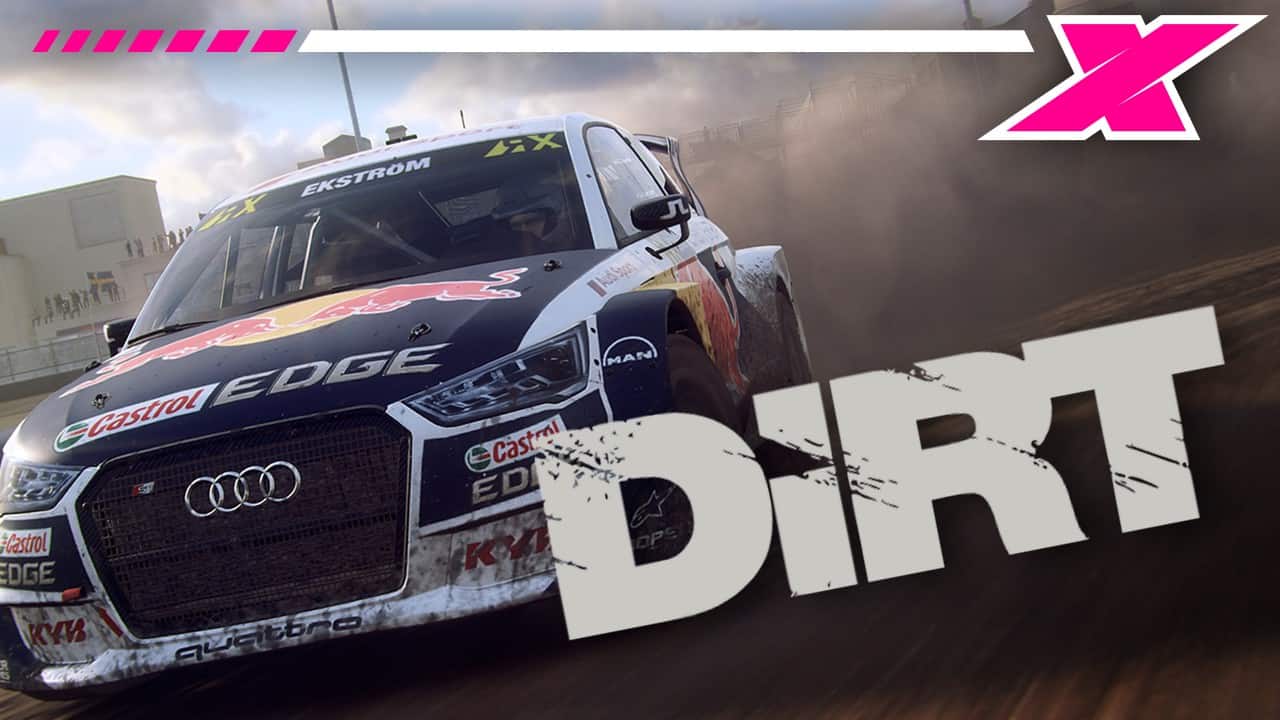The rapid growth of online racing means an ever broader spectrum of players is getting involved. This, undoubtedly, is fantastic for both the future of our hobby and for all those people experiencing close racing for themselves for the first time, but it does some with some side effects.
If you’re reading this, then you’ll probably have experienced some of those side effects for yourself. For every nail-biting, close-quarters race you’ve enjoyed online, you’ve probably had a dozen that made you question whether this whole internet thing was a great idea after all.
There’s a way to turn that around though, and it doesn’t just involve perma-banning anyone who has clocked up a certain number of hours in Grand Theft Auto Online (cheap shot, but you were all thinking it). Instead, it’s an attitude thing, and going into every race with the correct mindset, and just a few basic rules of etiquette for racing other people, and every one of those races could become something to savour.

Rule one: Your result doesn’t actually matter
This is a tough pill to swallow, but it’s an important one so it’s going right at the top: Unless you’re competing in an officially-sanctioned online racing series with actual monetary or physical stakes, that race you’re competing in doesn’t actually matter. It really is the taking part that counts.
Some of you will be hoping to forge virtual careers in racing, and that’s fine, but most of us do this because we enjoy the competition, the camaraderie, the joy of throwing a virtual car around a virtual circuit, and recently as a rather useful distraction from everything else that’s been going on.
We all know the feeling of being biffed out the way by someone who has forgotten that they’re just pushing some pixels around a screen and is driving like there’s a life of jet-setting and champagne on the other side of the finish line, but everyone will turn off their systems in a much better mood if you treat it like the game it is rather than your ticket to stardom.
Rule two: Ditch the hot-lapping mentality
When you race in different games and against drivers of different skill levels you get a good feel for people’s abilities, strengths and weaknesses, but there’s a driver type that seems to have become quite common during the explosion of interest in sim racing over the past few years, and that’s the “hot-lapper”.
Said driver will invariably find themselves fairly high up the grid with a strong qualifying session, or be able to take chunks out of you every lap during the race itself. You’ll also get a fantastic demonstration of their hot-lapping abilities when you brake for a corner and they immediately run into the back of you, because they were attempting to hit their usual braking marker.
You simply can’t treat pack racing like one big time-trial session and expect the objects around you to part like the Red Sea. Cars in packs brake, turn and accelerate at different points to ones circulating alone. You need to adjust your spatial awareness (tricky if you’re not in VR, but so, so important for clean racing), compromise on your ideal line, and be prepared for other drivers making errors. And remember, you can’t win a race at the first corner, but you can certainly lose it there.

Rule three: Virtual racing, real competitors
You can interpret this two ways. The first is that those people you’re racing against might be represented by pixels and nametags on your screen, but they’re also real human beings with real lives, real motivations and real personalities.
There’s a greater lesson in there for internet use and human interaction in general, but the moment you start treating those pixels and nametags like people in the same room as you, everyone present will get a lot more enjoyment from the experience. You’ll also get that wondrous feeling of interacting with someone on the other side of the world, in a way that simply wasn’t possible a few decades ago.
The second way of interpreting this is that treating your competitors like real people with real cars, you’ll instantly become a cleaner competitor. Would that move you just pulled cost thousands to fix and lead to an instant DNF in a real race? Its virtual equivalent might lack the same consequences, but it’ll still ruin someone’s day. Treat your competitors like real people – because that’s exactly what they are.
Rule four: Humans mistakes make
The recent influx of players in online racing also means a wide range of skill levels, a huge variation in the stability and speed of players’ internet connections, cultural differences between players from different regions, and ever-growing lobbies catering for cars and races of all different tastes.
Throw all this into the mix together and it’s a recipe for mistakes. Players can make errors, wobbly connections can play havoc with a car’s location depending on where the client and server thinks the car should be, and busy rooms mean more cars can be crammed into a small space.
Occasionally, you’ll get caught up in all of this, and it’s nobody’s fault. So don’t scream down the mic (god forbid people still leave mics open on online lobbies, but it’s gotta happen somewhere, right?), don’t retaliate for something the other player might have had little control over, and if you’re the one making the mistakes yourself, or fighting with an iffy connection, do your best to apologise for it afterwards. Everyone’s been there and a little understanding goes a long way.

Rule five, and we really mean this one in particular: Don’t be a dick
A friend I race against regularly, and have done for over a decade both online and in person, has a clear and singular mantra for any racing he organises: Don’t be a dick.
It’s good advice for normal, everyday life too, but if you carry one lesson away from this list, it’s probably the one to start with because not being a dick will dictate your whole approach to online racing.
How do you avoid being a dick? It’s quite easy, actually. If you’d be annoyed at the move you just pulled on someone else if they did exactly the same to you, then you’re being a dick. If your driving style leans heavily towards the “firm” side of the phrase “firm but fair”, there’s a strong chance you’re being a dick. Keep getting kicked from online lobbies or not getting as many invites to group events as you’re expecting? It’s not because of who you are, it’s because of what you’re being: a dick.
And if you think absolutely none of this applies to you but you consistently find yourself wrapped up in trouble even in highly-skilled rooms full of talented players, then there’s a fair chance the reason that trouble always seems to find you, in particular, is probably because you’re being a dick. Please, don’t be a dick.





















